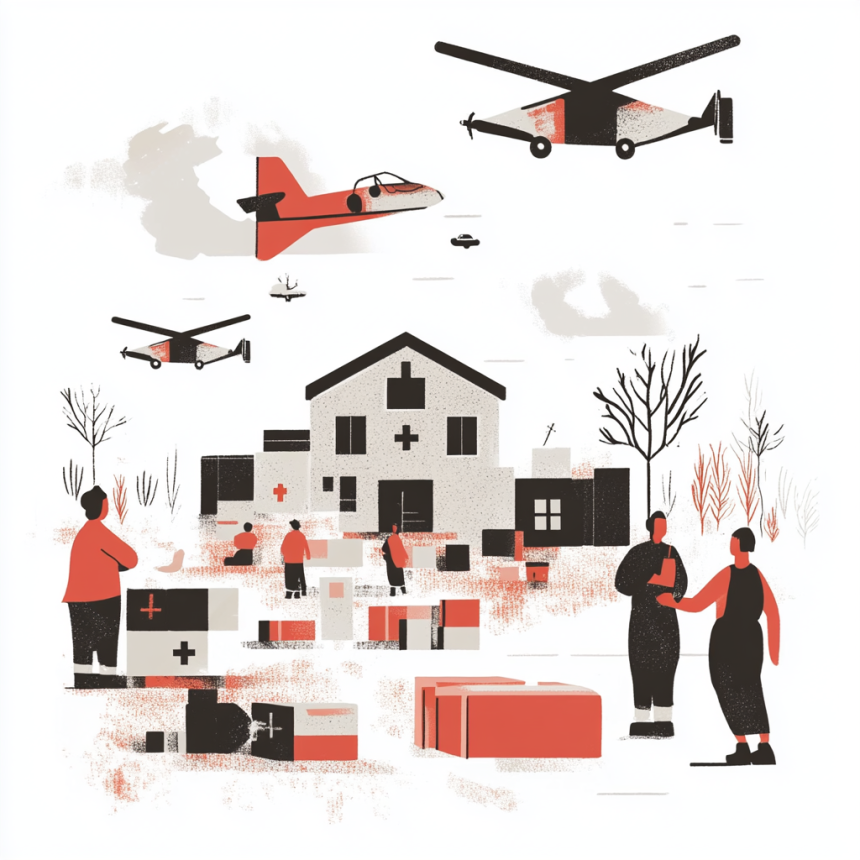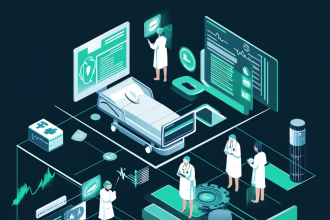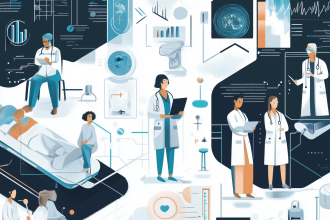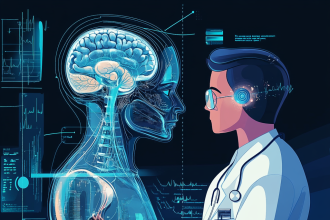As first reported by News-Medical, a new review Frontiers in Artificial Intelligence underscores the growing role of AI in enhancing humanitarian healthcare response. From predicting natural disasters to streamlining disease surveillance and patient triage, AI technologies are enabling faster, more accurate, and more efficient crisis interventions. These capabilities are being demonstrated in real-world applications, such as AI-powered drones mapping wildfires in Los Angeles and platforms like CIMA improving child immunization follow-ups in Jordan’s refugee camps.

Source: cima.care.
AI is proving especially effective in infectious disease tracking and resource allocation. For example, IBM’s Watson Health and ZzappMalaria are using AI to target malaria breeding grounds with pinpoint accuracy, helping optimize eradication campaigns. Meanwhile, AI tools are being piloted in refugee camps to anticipate disease outbreaks and support overstretched medical teams through telemedicine and automated diagnostics. These innovations are not just enhancing response speed—they’re transforming the precision and reach of humanitarian care.
Addressing mental health and care delivery gaps
AI is also being deployed to address one of the most overlooked aspects of crisis healthcare: mental health. Chatbots like Wysa and Woebot offer cognitive behavioral therapy and mindfulness guidance to trauma-affected individuals, while AI monitors social sentiment to flag mental health crises in real time. AI-powered simulations are also training clinicians in crisis response, bridging capacity gaps in low-resource areas.

Source: play.google.com/store/apps/details?id=bot.touchkin.
On the care delivery front, robotic systems assist in both rescue and rehabilitation. From locating trapped disaster victims to supporting mobility recovery and screening malnutrition in children via image analysis (e.g., MERON app), these technologies expand the scope of what humanitarian teams can accomplish under pressure. At the same time, AI tools like real-time language translation and supply chain forecasting ensure critical information and resources are delivered swiftly and equitably.
Ethical and infrastructural challenges remain
Despite its promise, the review cautions that AI’s deployment in humanitarian settings must be ethically grounded and carefully regulated. Bias in training data can result in unequal care delivery, while accountability remains a concern when AI is involved in medical decision-making. The digital divide further complicates equitable access to AI-powered tools, especially in regions lacking infrastructure.
To mitigate these risks, inclusive governance, transparency, and human oversight are essential. The review advocates for collaborative frameworks involving governments, NGOs, academia, and tech firms to ensure AI is deployed with fairness, safety, and humanity in mind.
A promising but high-stakes path forward
AI is reshaping humanitarian healthcare by enabling smarter, faster, and more adaptive responses to crises. From predictive modeling and diagnostics to logistics and mental health, its applications are already saving lives. However, ethical deployment and equitable access remain key to realizing AI’s full potential. With multi-sector collaboration and responsible innovation, AI could become a cornerstone of more resilient and compassionate global healthcare systems.





